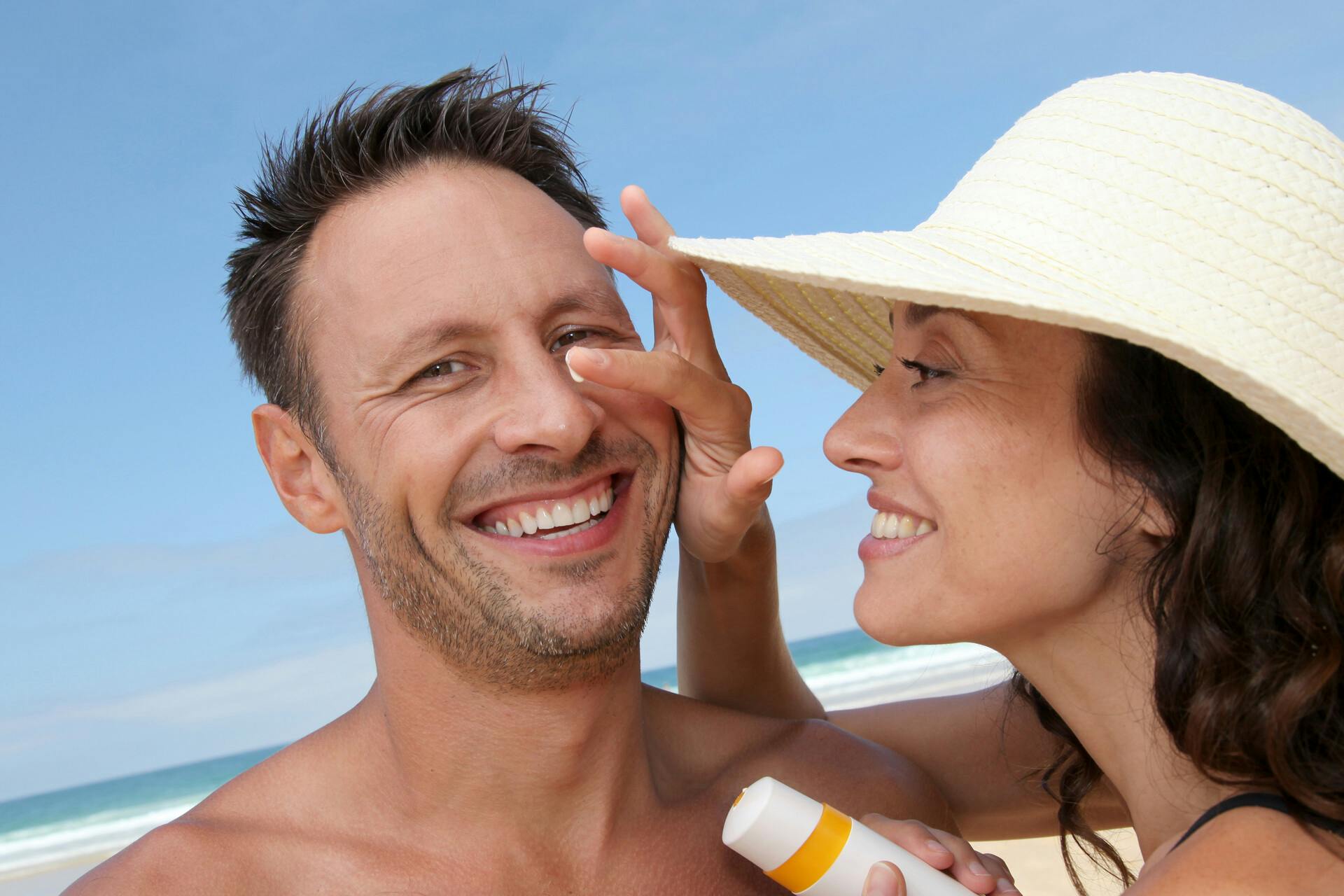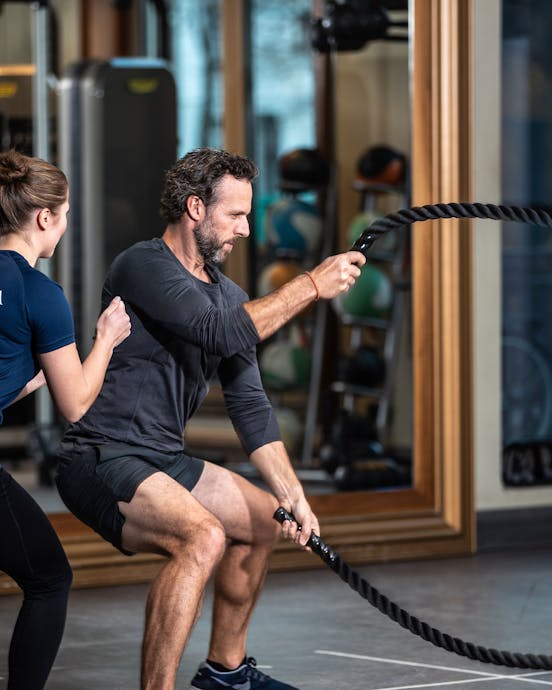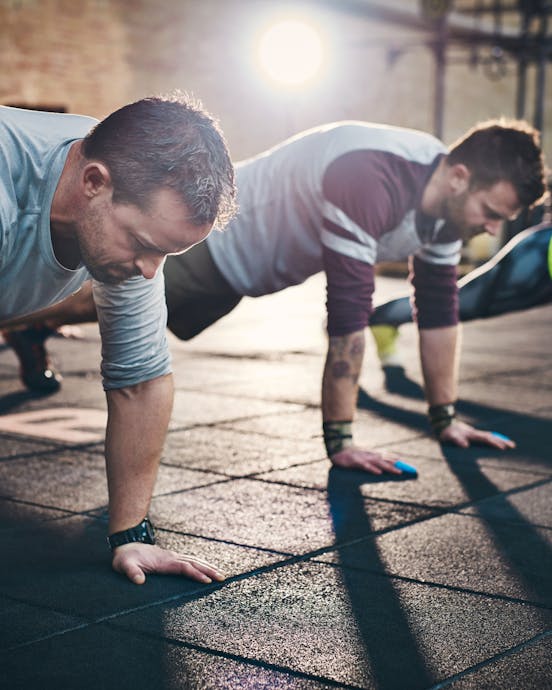Getting a healthy, intense and long-lasting tan is without a doubt a goal for many, but to avoid damaging your skin from sunburn and rashes, it is essential to expose yourself to the sun's rays in a responsible way.
Sunlight is good for your health: it improves your mood, stimulates the production of vitamin D and promotes muscle relaxation. However, conscious exposure to the sun often involves fighting deeply held beliefs.
Here are some of the most common myths about sun exposure and sunscreen use:
1. "WITH SUNSCREEN ON, I'M AFRAID I WON'T TAN"
False. Sunscreen acts as a filter that eliminates the most dangerous rays of the sun, letting only the best ones through, i.e. enough to give you a tanned complexion.
Thanks to the action of sunscreen products, we get a gradual, but intense and long-lasting tan. If you don't use this protectitive layer, your skin will get burnt and the tan will not only be uneven, but will fade quickly.
2. "SUNSCREEN IS NOT ALWAYS NECESSARY"
This is not true. How many times have we looked up at the cloudy sky and said, "No sunscreen today, I don't need it". Wrong! Even when it is cloudy and overcast, ultraviolet rays reach the earth's surface and affect your skin. Therefore, even in these weather conditions, it is necessary to use a cream containing UVA and UVB filters.
3. "I HAVE DARK SKIN, I DON'T NEED IT".
False. It is certain that people with skin phototypes 5 or 6 are better protected from the sun's rays because of the high melanin content of their skin. This means that they are (almost) never burnt. However, UVA rays promote skin ageing, so it is always best to protect your skin with a good sunscreen.
4. "YOU DON'T TAN (AND YOU DON'T BURN) IN THE SHADE".
False. Even if you don't like to tan and are permanently in the sunshade, it is important to protect yourself.
According to a study by the University of Valencia, the fabric of parasols only filters 75% of the sun's rays. This means that the remaining 25% reaches our skin. Therefore, staying under the parasol without adequate sun protection carries a risk of sunburn; a risk accentuated by the refraction of the sand that contributes to the irradiation.
Mélanie Debecker, Manager of the Aspria Institutes in Brussels, reminds us that it is important to exfoliate, moisturise and cleanse the epidermis in depth. It is also important to rehydrate the skin after exposure to the sun. Adequate sun protection can prevent premature ageing, hyperpigmentation and, in the worst cases, skin cancer.
Dermalogica - partner of the Aspria Arts-Loi and Aspria Royal La Rasante clubs - offers a wide range of moisturizers and SPF sunscreen products formulated for every skin need, preference and lifestyle:
Daily Microfoliant: 100% vegan exfoliating powder that soothes, smoothes and restores moisture
Prisma Protect SPF30: anti-pollution moisturizer with SPF30 sun protection
Solar Defense Booster SPF50: a facial sunscreen that can be applied alone or mixed with your daytime moisturizer or foundation
Dynamic Skin Recovery SPF50: a formula that moisturises and controls skin ageing, with a broad spectrum SPF that protects skin from UVA and UVB rays
BioLumin-C Serum: a serum that tightens, smoothes and brightens the skin. It reduces the appearance of fine lines and wrinkles, preventing and correcting free radicals damage
Skin Hydrating Masque: a refreshing mask with hyaluronic acid that soothes and hydrates, suitable for all skin types, to be applied after cleansing
Do you want to prepare your skin for the sun or rehydrate it deeply after your holidays? Book your facial treatment online:
Dermalogica Proskin Facial at L’Institut Aspria Arts-Loi
Dermalogica Proskin Facial at L’Institut Aspria Royal La Rasante



